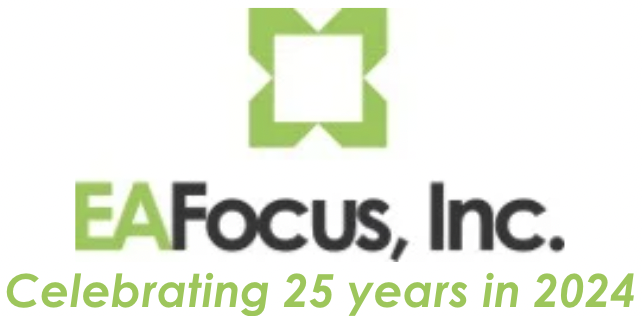
In complex commercial real estate market, property owners urged to look for excessive tax assessments
CONTACT: Barbara Fornasiero, EAFocus Communications, 248.260.8466, barbara@eafocus.com
Birmingham, Mich. –February 7, 2019 – Michigan commercial property tax assessments season arrives each February, with commercial property owners receiving notice confirming the value the local municipality has placed on their property. H. Adam Cohen, shareholder at Steinhardt Pesick & Cohen, P.C. (SPC), a Michigan-based law firm specializing in eminent domain and condemnation, commercial property tax appeals, land use, and commercial real estate litigation, said the time is short to review the assessment and determine next steps.
“The deadline to appeal a property tax assessment is May 31, so property owners have a tight window to determine if they are going to accept and pay – or appeal and fight – their assessment,” Cohen said. “Even in a strong economy, property owners should not be taxed above market rates for their commercial properties. That’s why they need to carefully review their assessments, or have an attorney do so.”
While appearing robust, Michigan actually has wide swings among its many commercial real estate subsets, according to Jerome P. Pesick, managing shareholder of SPC.
“Michigan’s real estate market is more complex than ever; certain sectors’ values are gradually rising, such as many Detroit industrial properties, while others, including retail, are stagnant or in decline,” Pesick said. “Regardless of overall market conditions, it’s important to ensure the property value assessment has not increased more than the market will justify.”
For assessment purposes, a property’s value should be no more than half of its market value.
“Historically, we do see some communities assessing properties at levels substantially exceeding their values,” according to Cohen. “When that happens, the property owner can file a petition with the Michigan Tax Tribunal, but they need to act swiftly, because the last day for commercial/industrial properties to be filed is May 31, 2019, and there are various deadlines under Michigan law prior to May 31 as well.”
Cohen says the time frame for decisions made by the Michigan Tax Tribunal have eased in recent years.
“Post-recession, many property tax appeal decisions are now made within one year,” Cohen said. “For commercial property owners who may save tens of thousands of dollars in an appeal, the tax relief is worth the relatively minimal wait. In many of our clients’ cases, we are able to accelerate the process by negotiating a settlement with the municipality before the appeal reaches the hearing stage.”
Both Cohen and Pesick have been intricately involved in the commercial property tax appeal process for decades.
“Like our other key practice areas of eminent domain and condemnation, and commercial real estate litigation, it’s a niche area of the law that requires attention to detail, strong negotiation and trial skills, a keen understanding of commercial real estate, and strict adherence to deadlines,” Pesick said.
Steinhardt Pesick & Cohen (SPC)
Steinhardt Pesick & Cohen is Michigan’s leading law firm representing commercial property owners in eminent domain, condemnation, property tax matters and complex commercial real estate litigation. Possessing nearly 100 years’ combined experience, SPC’s attorneys represent owners of office, industrial, retail, multi-family, research and development, hospitality, agricultural, mixed-use, and vacant properties. More information is available at http://www.spclaw.com.
###


